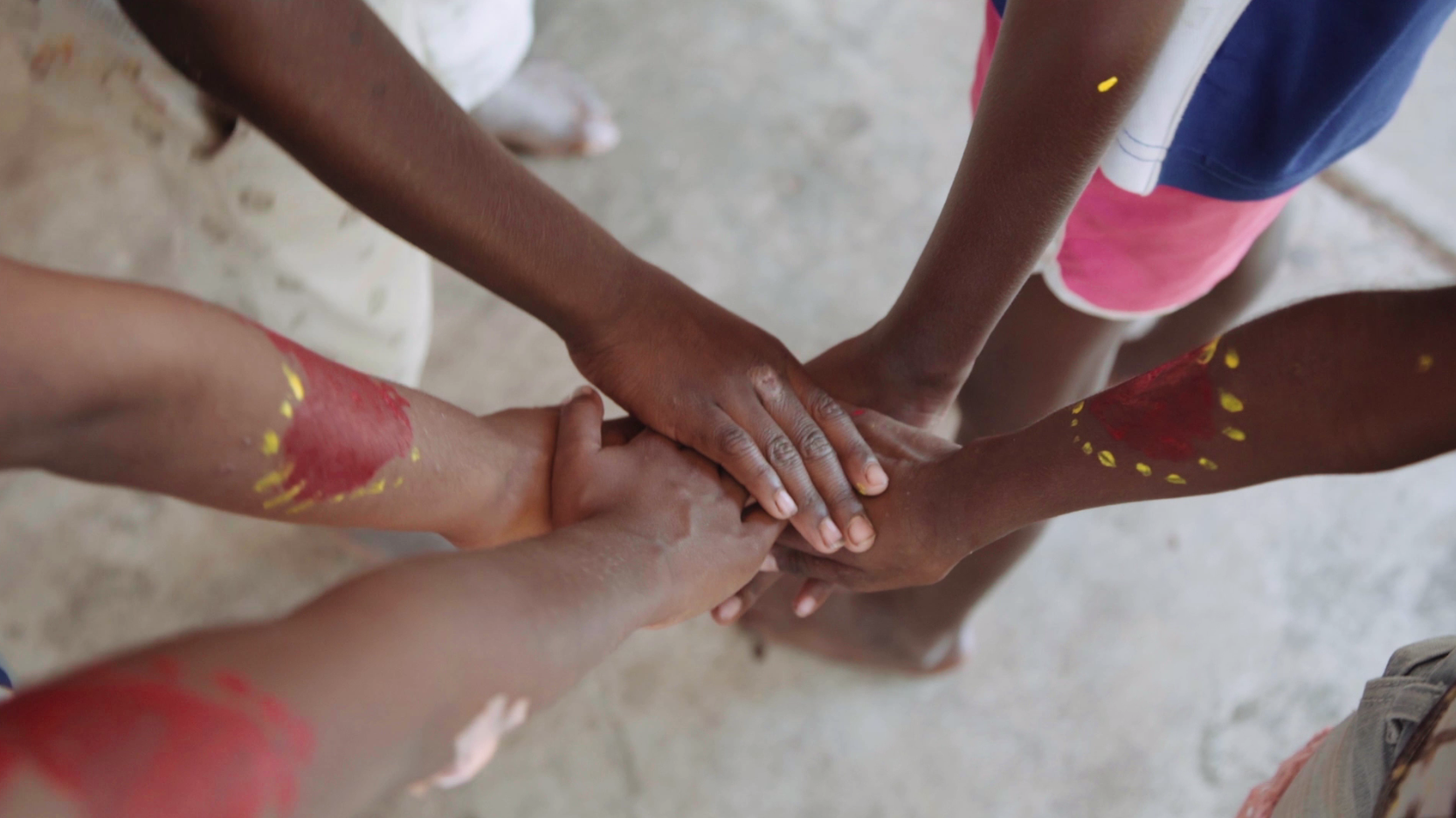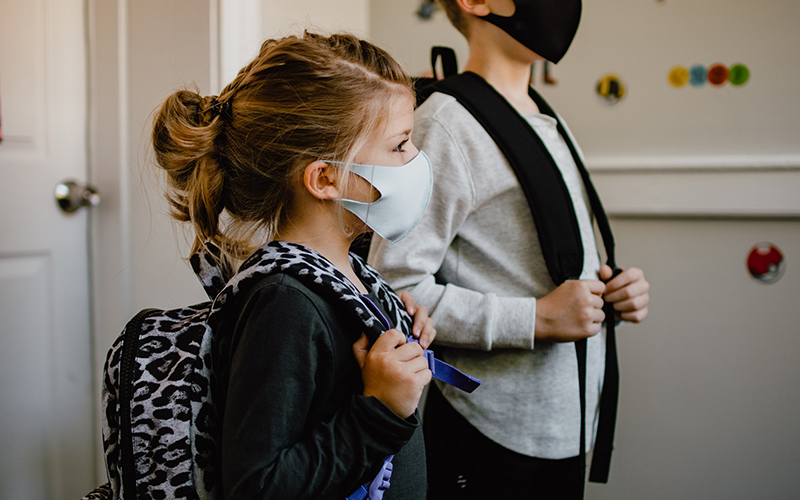Search
Showing results for "1"

News & Events
Opinion: Modelling for the health of our next generationNearly 170 years ago a British doctor applied geospatial mapping to identify the source of a cholera outbreak in central London. Using a street map to plot the location of the homes of the sick, Dr John Snow was able to pinpoint a ‘ground zero’ for the outbreak – a contaminated water pump.

News & Events
New funding targets diabetes and heart disease health service gapsResearchers will work with Aboriginal & Torres Strait Islander women in SA to devise better ways to care for women at risk of pregnancy complications caused by diabetes and cardiovascular disease.

News & Events
Government grants to support valuable new child health researchEight The Kids Research Institute Australia-led projects will benefit from the latest round of WA Child Research Fund (WACRF) grants, announced this week by Medical Research Minister Stephen Dawson.

News & Events
PhD pathway program ensuring bright future for clinical research in WATwo outstanding Perth Children’s Hospital clinicians will be supported to pursue a career in medical research, paving the way for more clinician-scientists in Western Australia.

News & Events
Community-led research set to revolutionise treatment of rheumatic heart diseaseYoung Aboriginal and Torres Strait Islander people receiving long-term, painful injections to prevent deadly complications from rheumatic heart disease (RHD) will design their own optimum treatment program thanks to latest research at The Kids Research Institute Australia.

News & Events
Landmark research investigating benefits of COVID-19 vaccination for kids set to launch at The Kids Research Institute AustraliaA first-of-its-kind national study looking at the optimal COVID-19 vaccination strategies for children and adolescents is set to begin at Perth’s The Kids Research Institute Australia thanks to a $3.8 million funding injection from the Australian Government’s Medical Research Future Fund (MRFF).

News & Events
RSV prevention finally in reach after 20 years of research at The Kids Research Institute AustraliaWorld-first immunisations providing protection against deadly respiratory syncytial virus (RSV) could be just months away thanks to global research efforts spanning multiple decades.

News & Events
COVID-19 in WA: Why having our kids wear masks at school is the correct callWest Australian children as young as Year 3 are now turning up to school in masks, presenting a new challenge for kids, parents and schools.

News & Events
Youth justice researcher named an AMP Tomorrow MakerDr Hayley Passmore has been named an AMP Foundation Tomorrow Maker in recognition of her efforts to better support young people in detention who have neurodisability.

News & Events
The Kids Research Institute Australia and Curtin University researchers among world’s most influential in their fieldTwo researchers working across The Kids Research Institute Australia and Curtin University have been named among the world’s most highly cited scientists.
